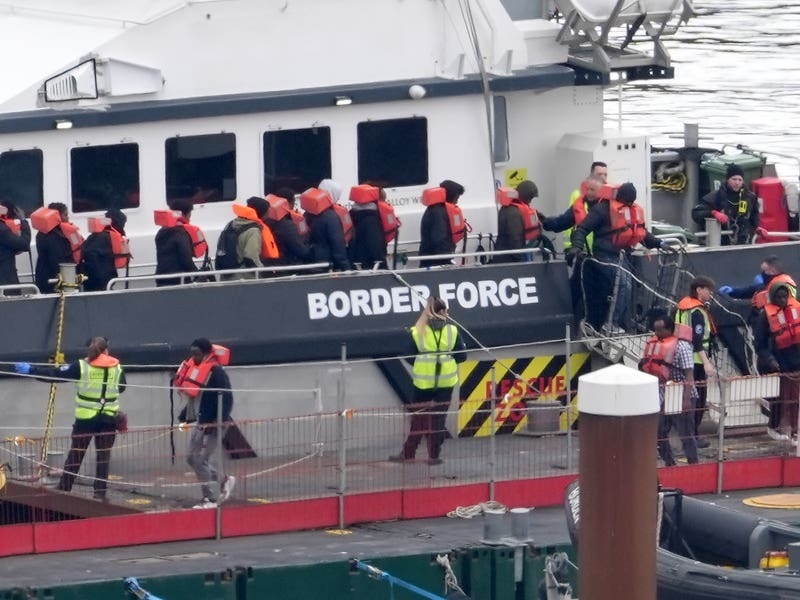Durrell has been working to bring back the Madagascar pochard for the past 12 years and this month released 21 of the ducks into the wild in the world’s first floating aviary on Lake Sofia.
The ducks were once common in the Alaotran basin but have suffered so greatly from habitat destruction they were believed to be extinct for 15 years.
But a small group was found in a ‘surprise discovery’ in 2006 and have been bred in captivity with the hope of an eventual reintroduction.
Madagascar pochards spend almost all their time on water and feed underwater.
Scottish salmon-farming cages were converted into the world’s first floating aviaries, and after successful trials last year, were shipped from the UK to Madagascar and assembled on Lake Sofia this summer.
Durrell hopes the floating aviary will help the ducks become accustomed to their new surroundings. ‘The state of wetlands in Madagascar is so poor that they will likely not survive if they leave the lake,’ the trust said.
Durrell worked with Wild Fowl and Wetlands Trust, the Peregrine Fund and the government of Madagascar and communities around Lake Sofia to bring the Madagascar pochard back to the wild.
‘The idea that we could be releasing pochards into the wild only 12 years after rediscovery pays remarkable testament to the dreams and hard work of many people from Madagascar, Jersey and the UK, who have worked tirelessly to see this remarkable bird get a chance of survival in a changing world,’ Dr Glyn Young, the trust’s head of birds, said.
‘The restoration programme at Lake Sofia will encourage others in Madagascar to no longer look at the Island’s wetlands as lost causes. They may once again be centres of biodiversity while continuing to support communities of people who also depend on them,’ he added.
Ducklings hatched in October were transported 200 km to the lake along a dirt road and reared in lakeside aviaries, then in early December, just before they were able to fly, moved into the floating aviaries.
‘We have been preparing for this moment for over a decade,’ said Nigel Jarett, WWT’s head of conservation breeding. ‘The logistics of working in a remote part of Madagascar – where access to the lakes by vehicle is only possible for three months a year – have been an enormous challenge, requiring us to come up with novel approaches.
‘Working with local communities to solve the issues which were driving this bird to extinction has been essential to giving the pochard a chance of survival. If we can make this work, it will provide a powerful example not just of how to save the planet’s most threatened species, but how communities can manage an ecosystem to benefit people and wildlife, especially in areas of significant poverty.’






